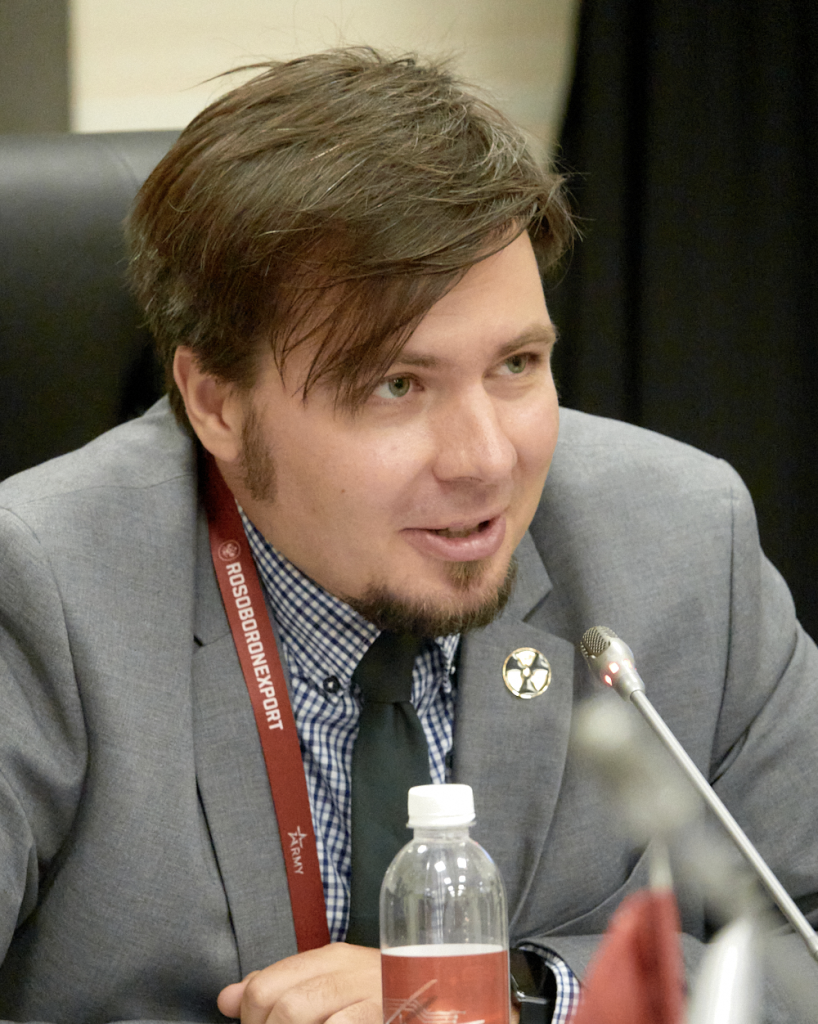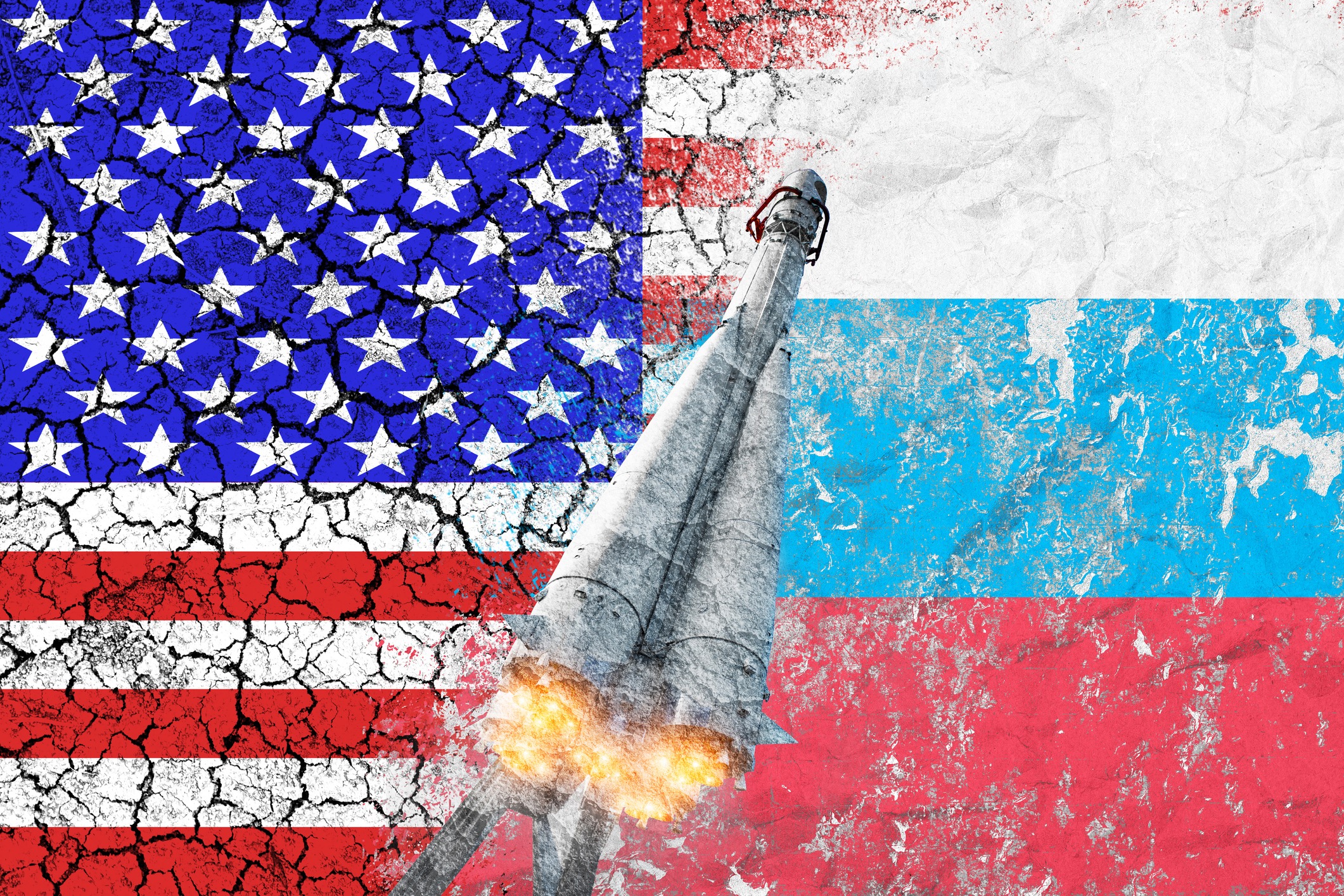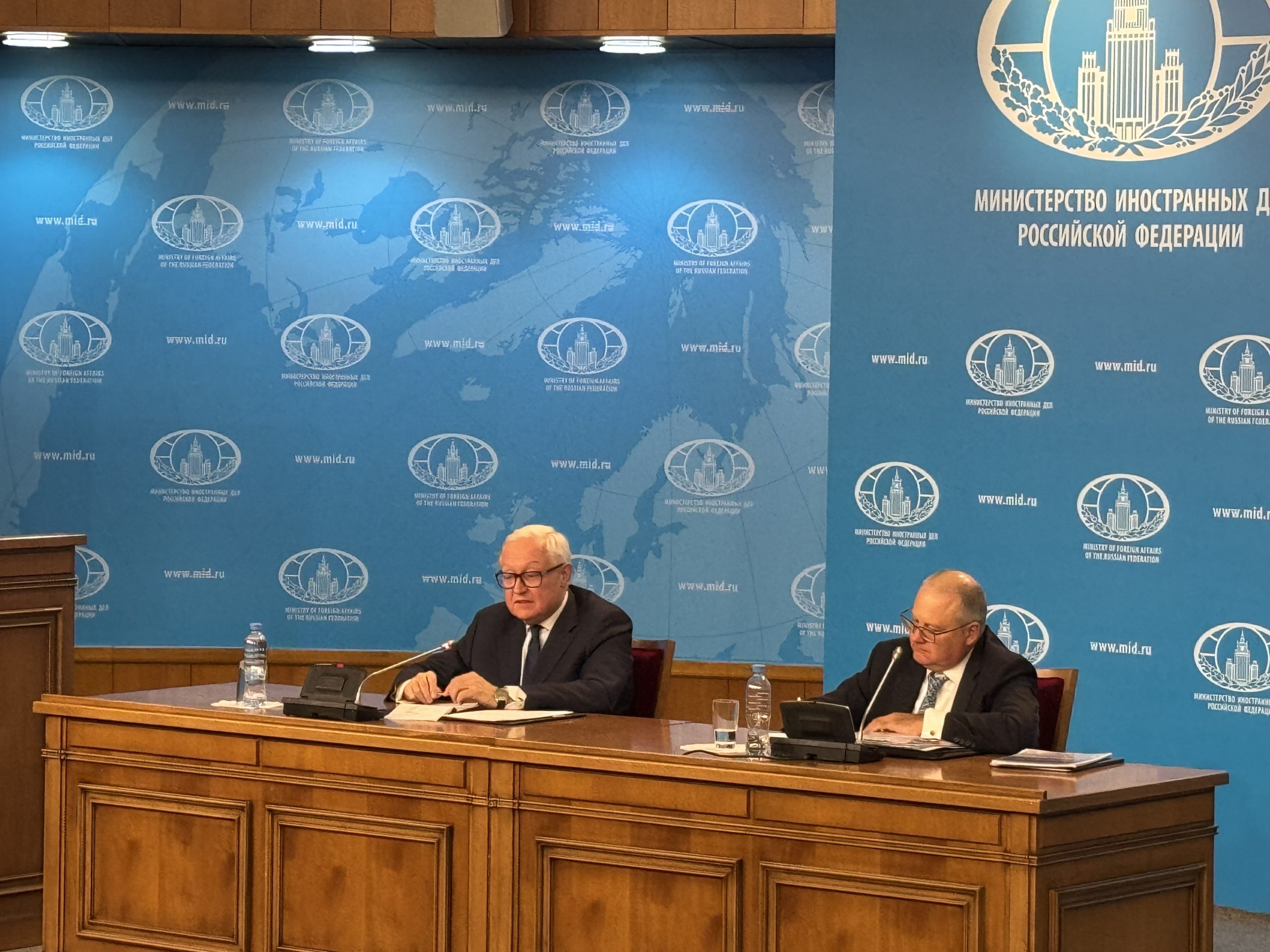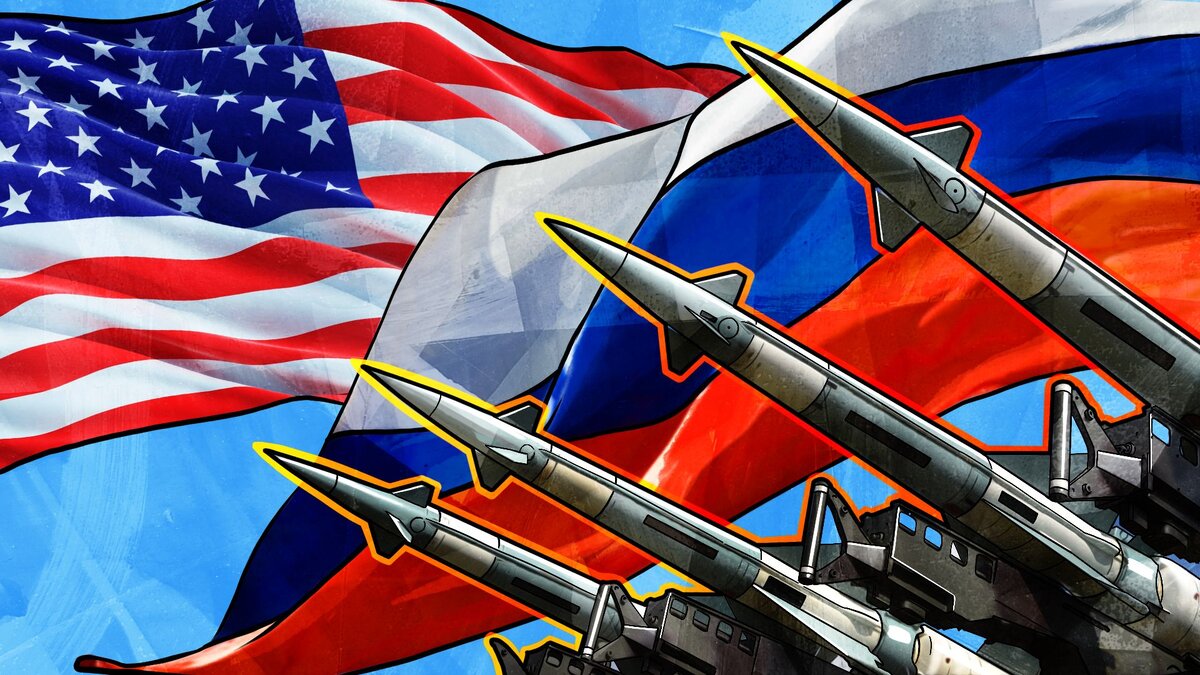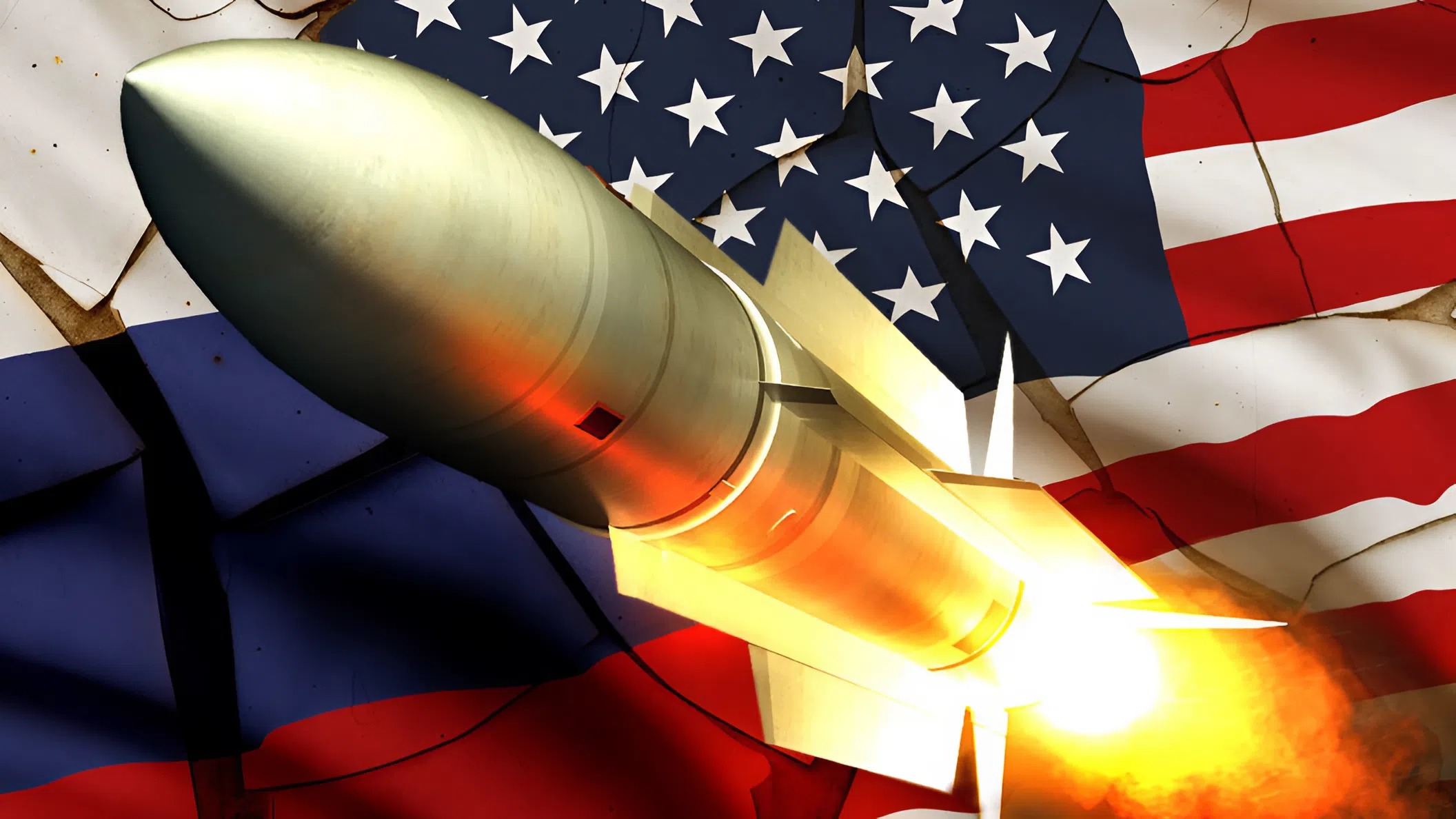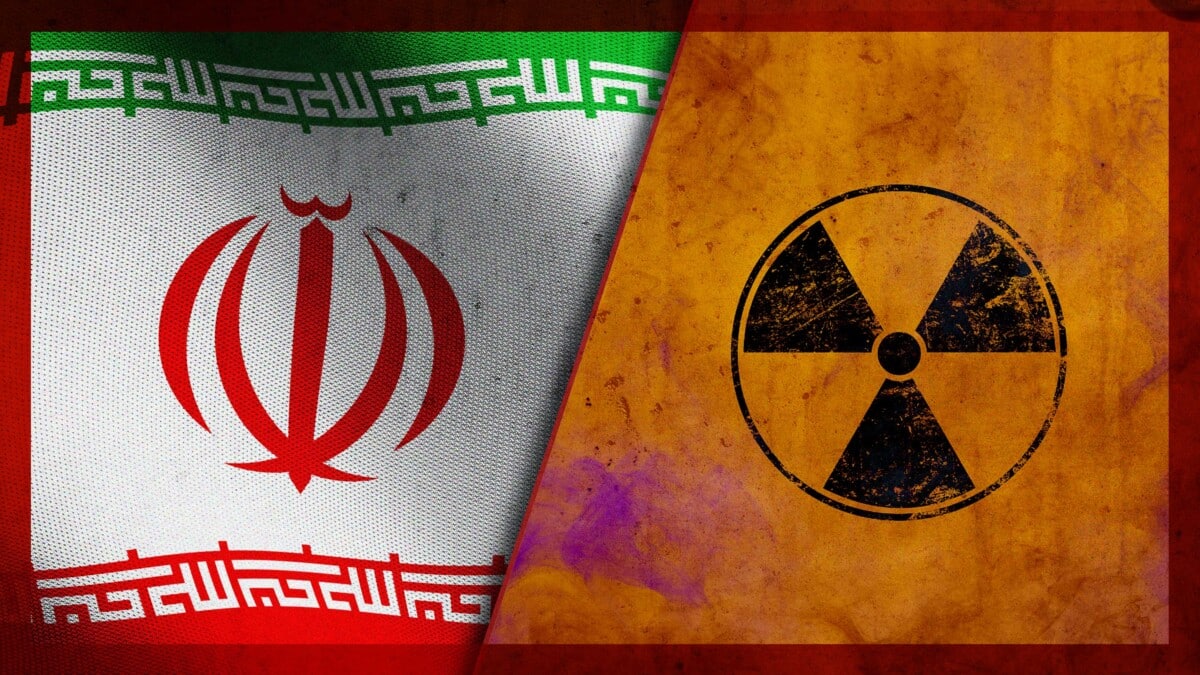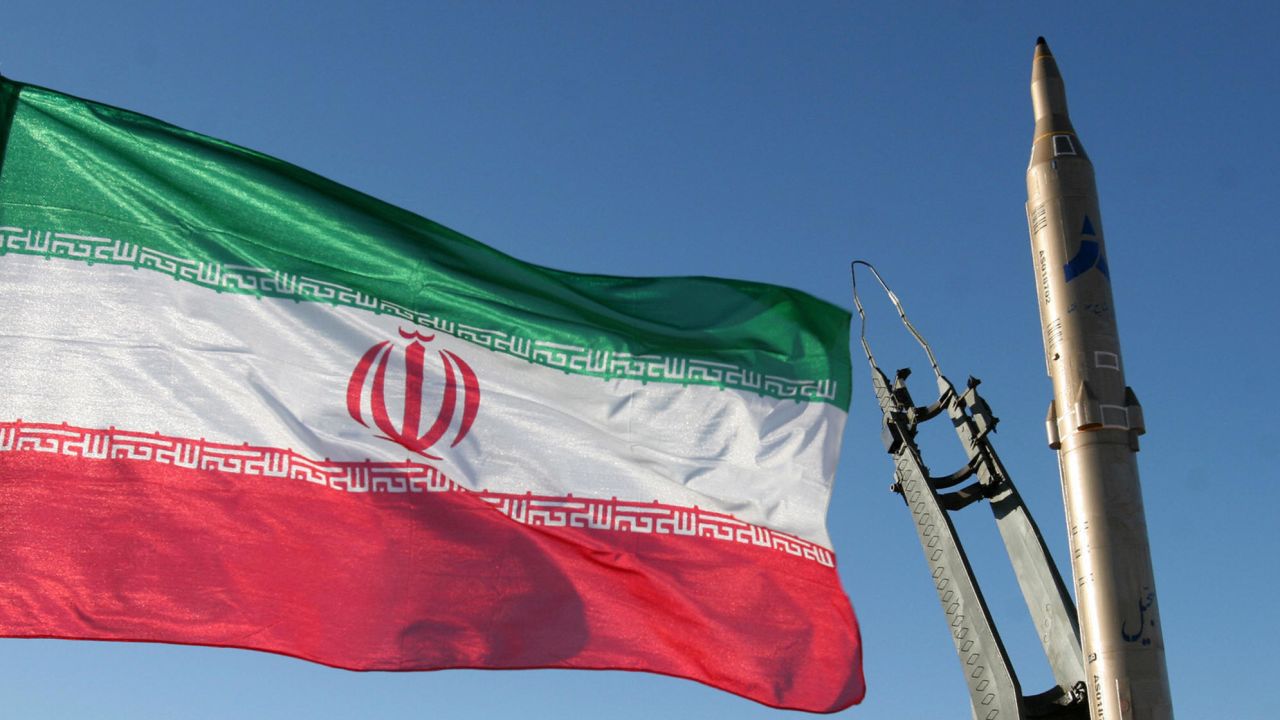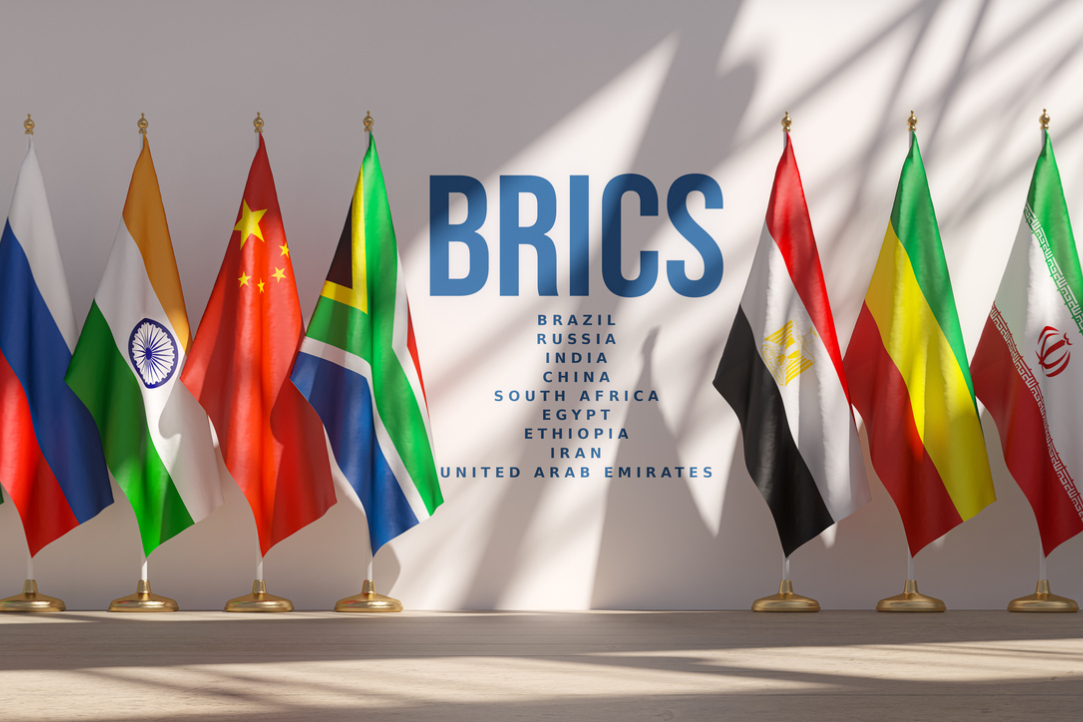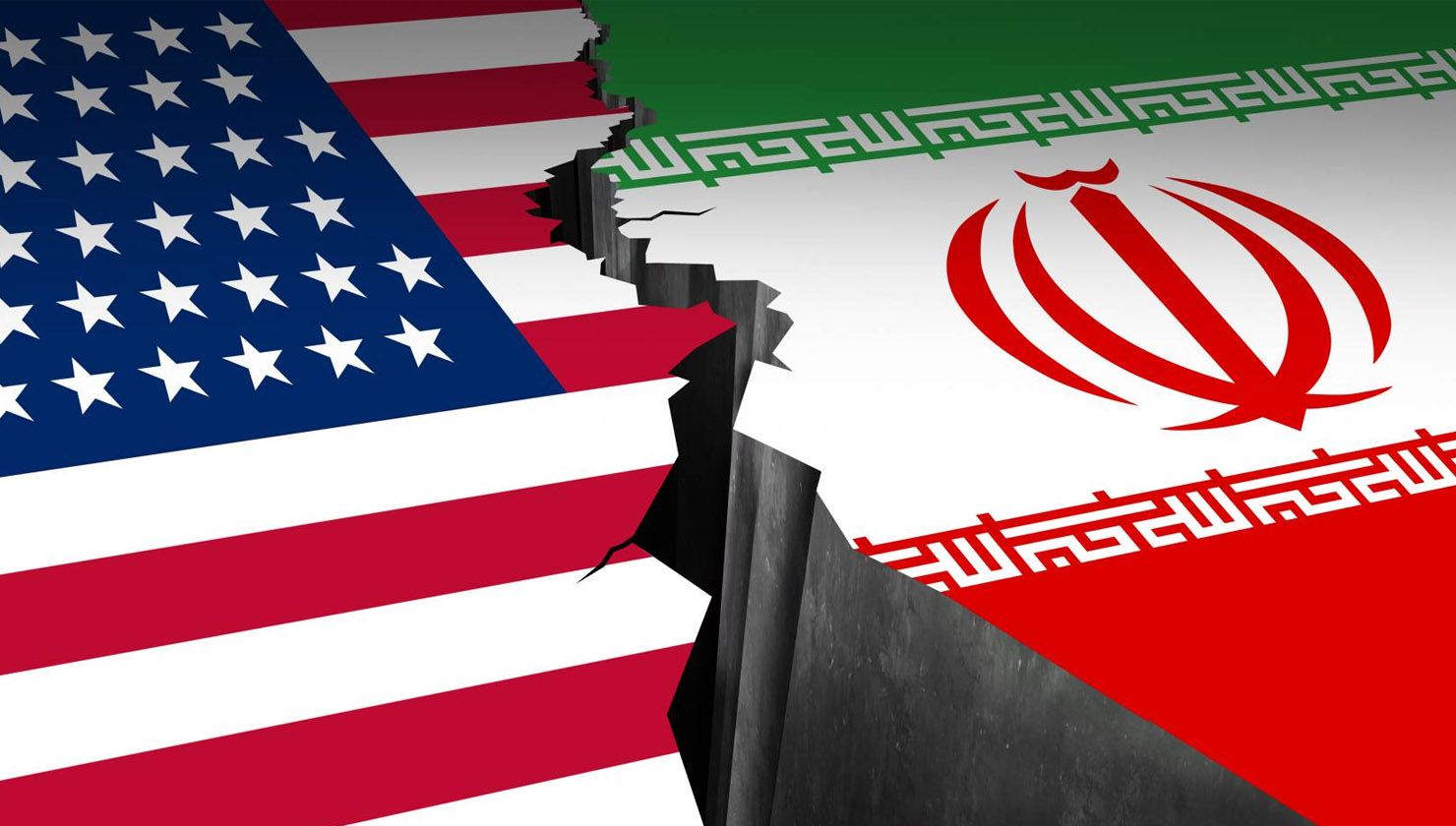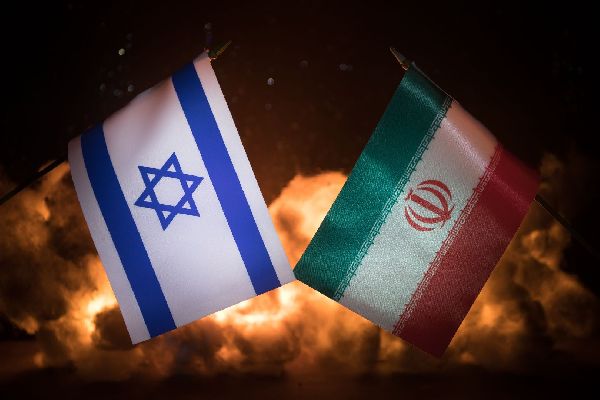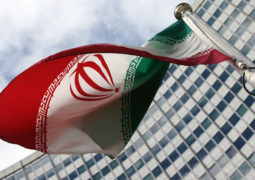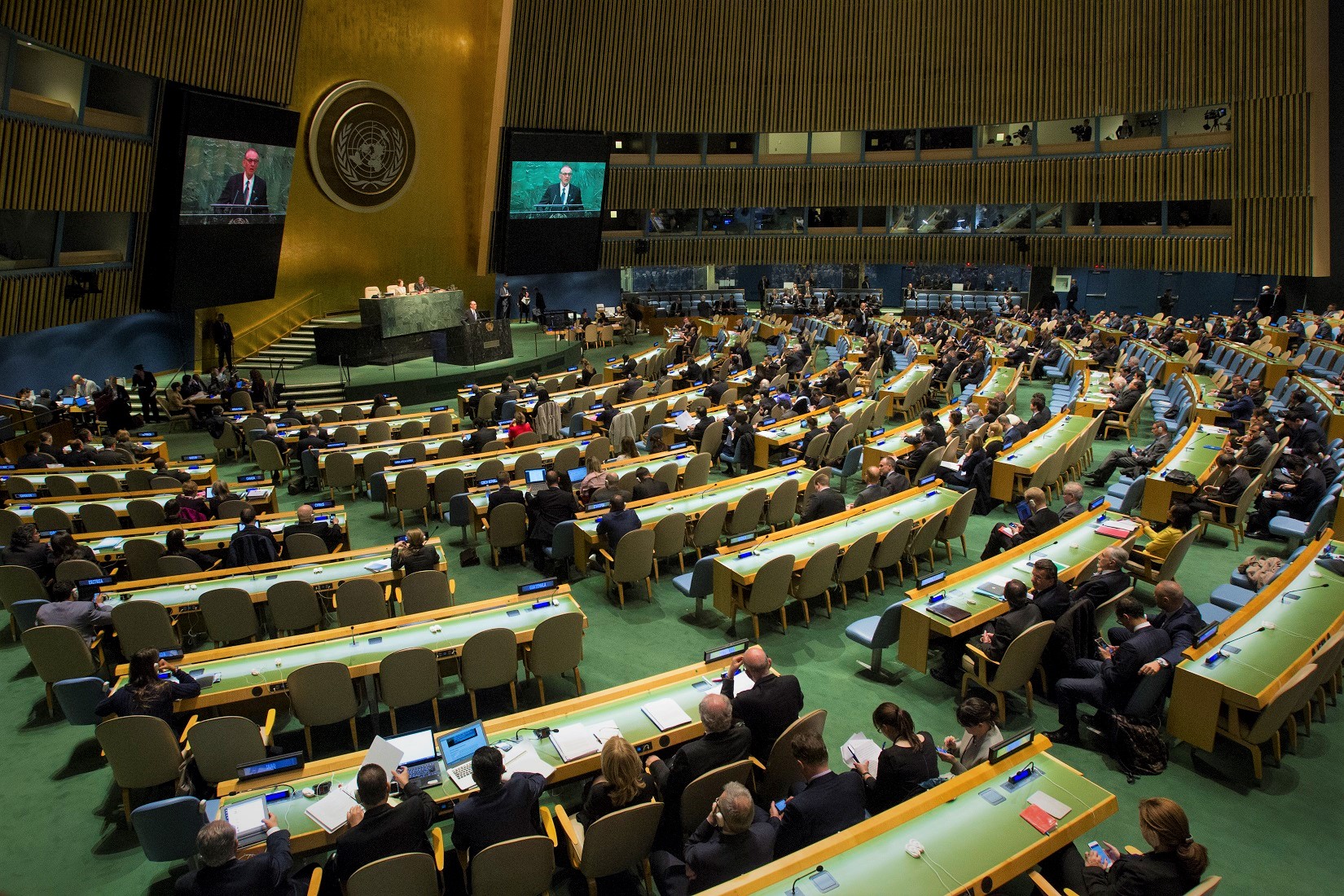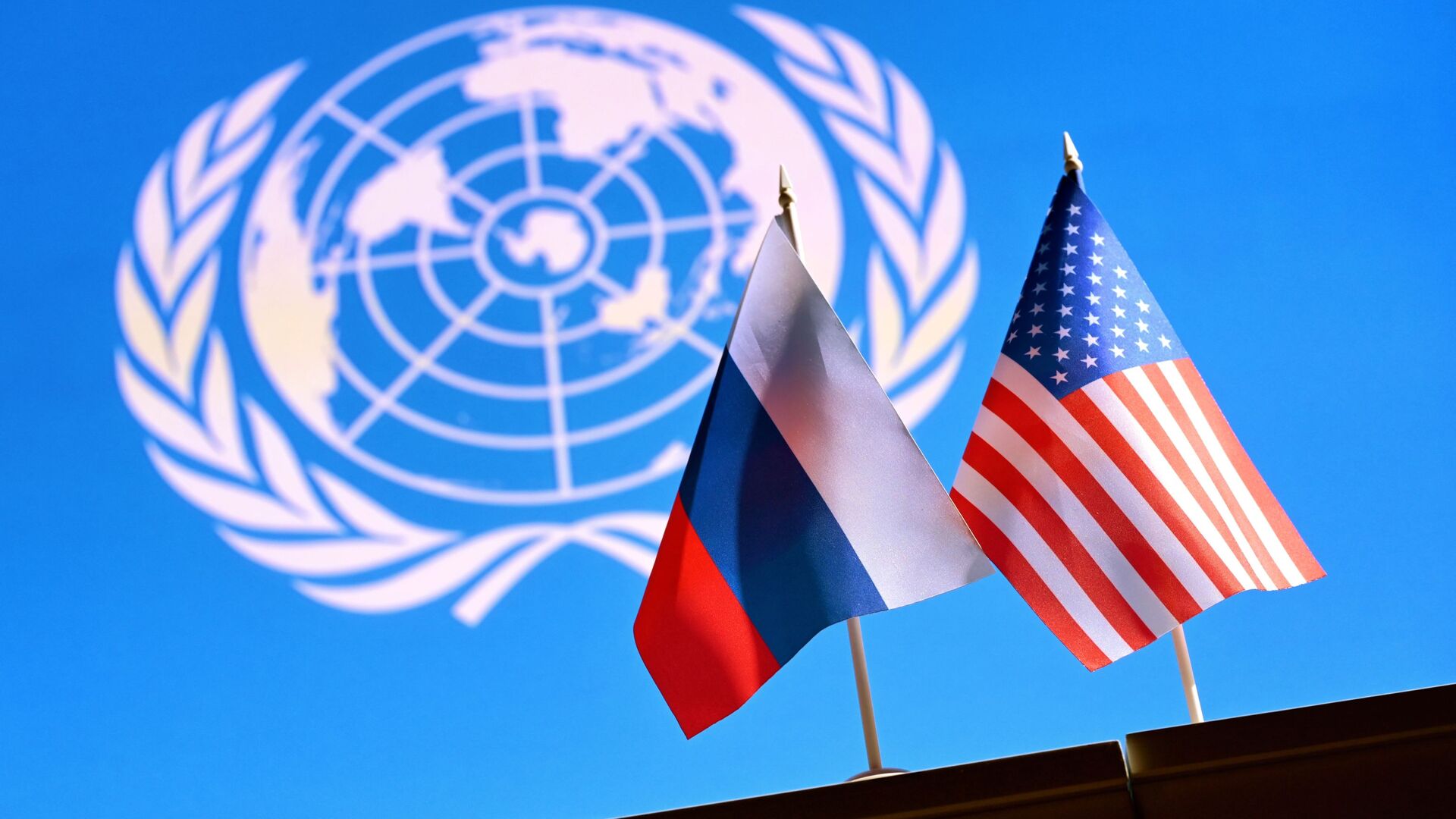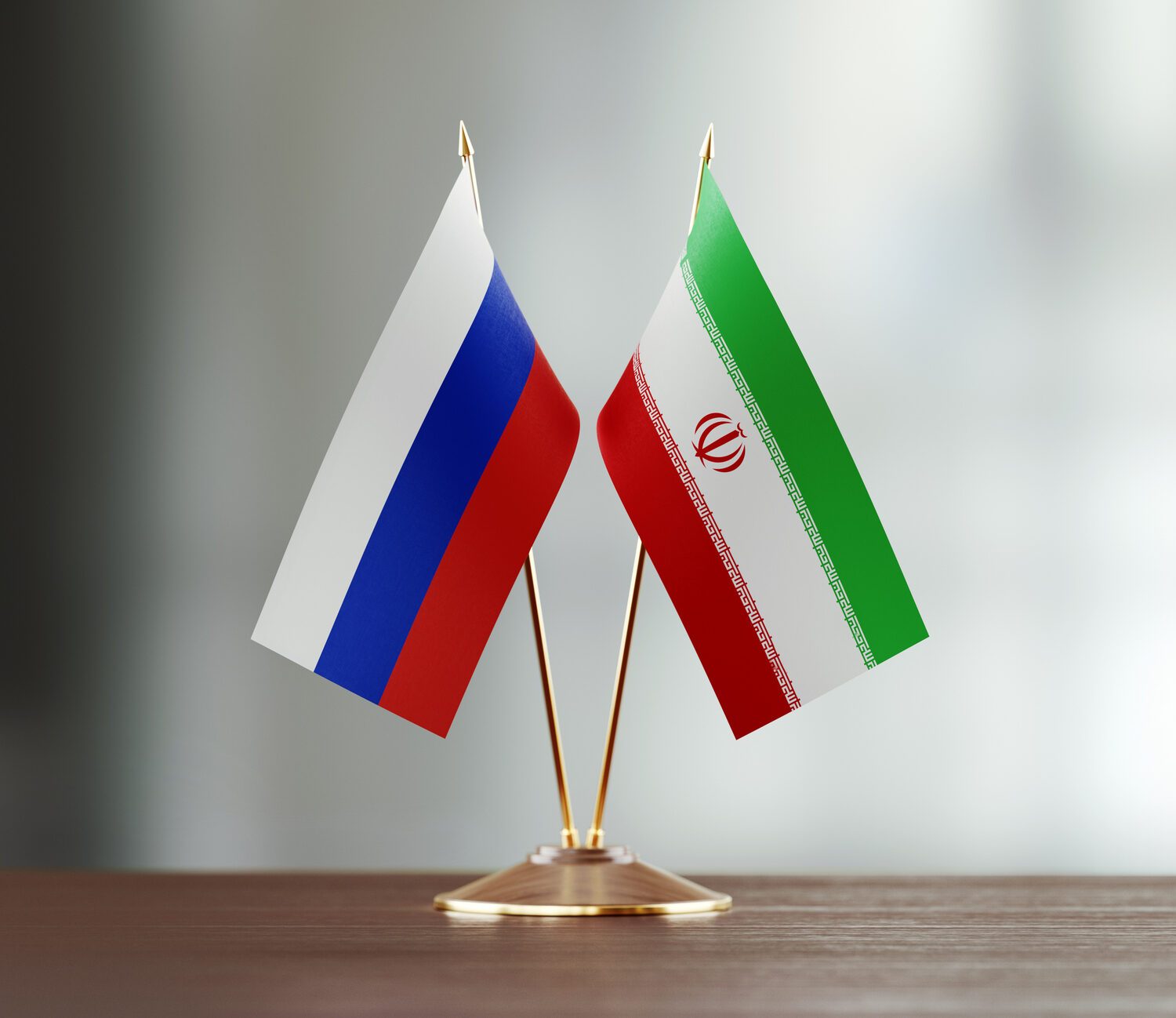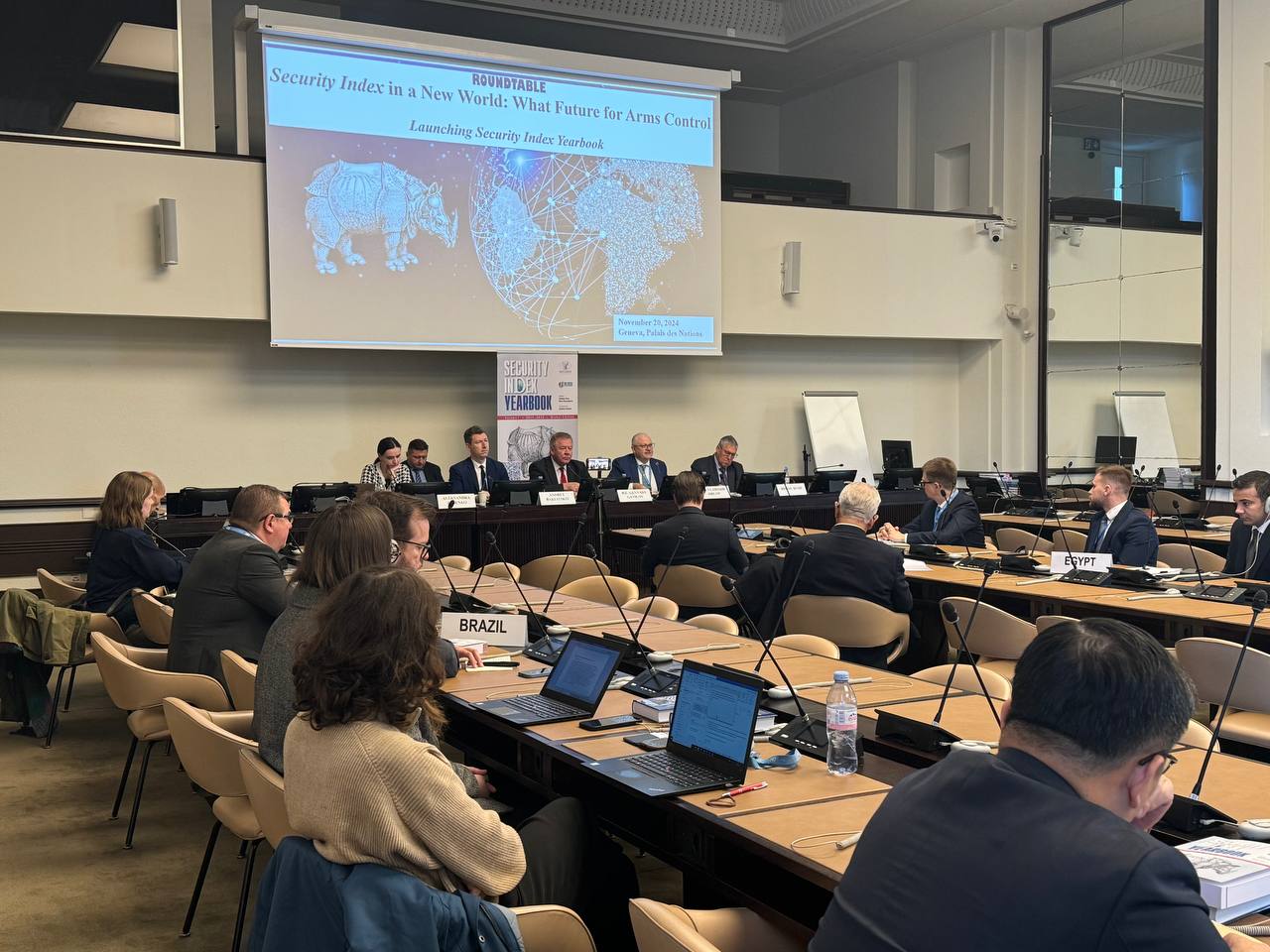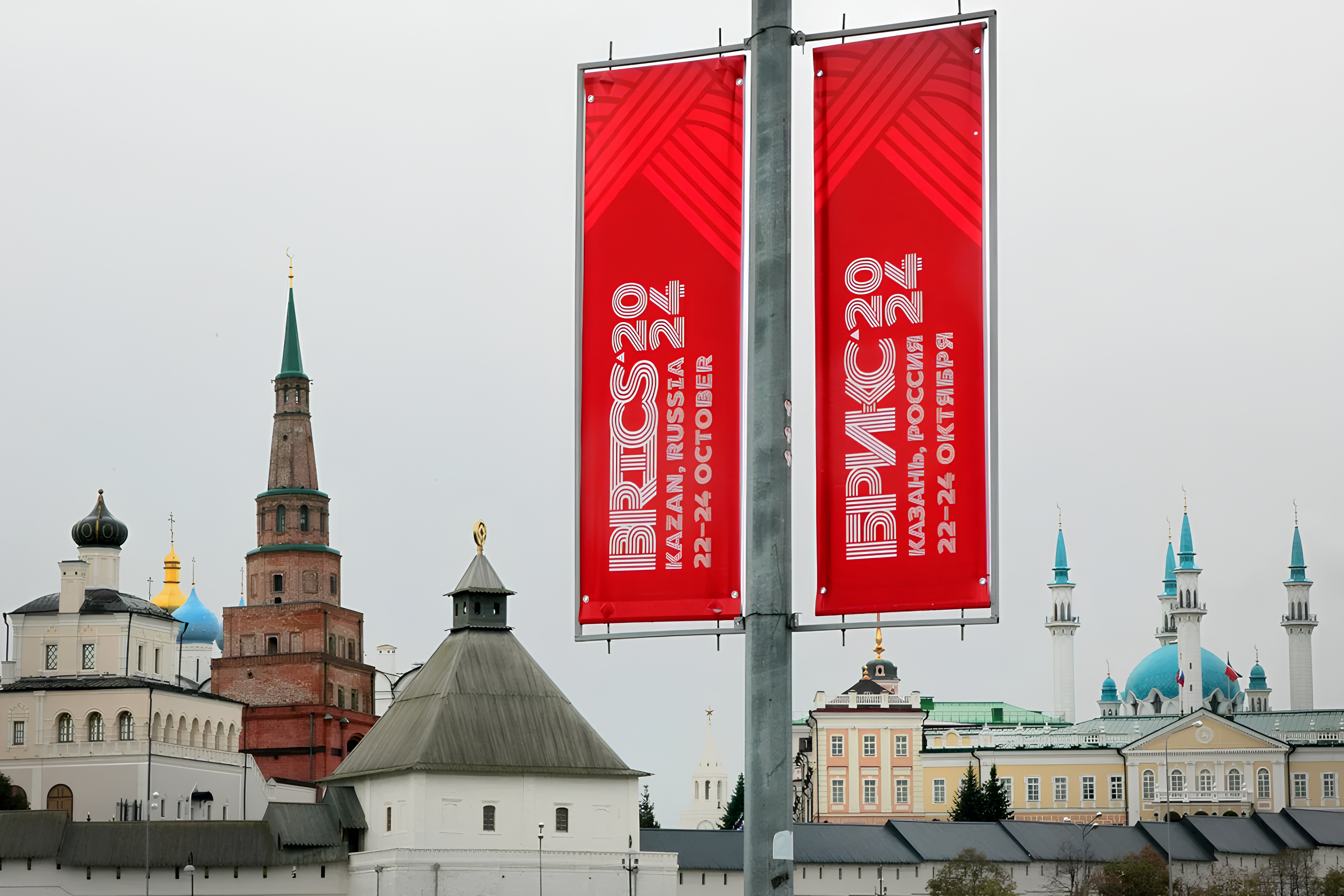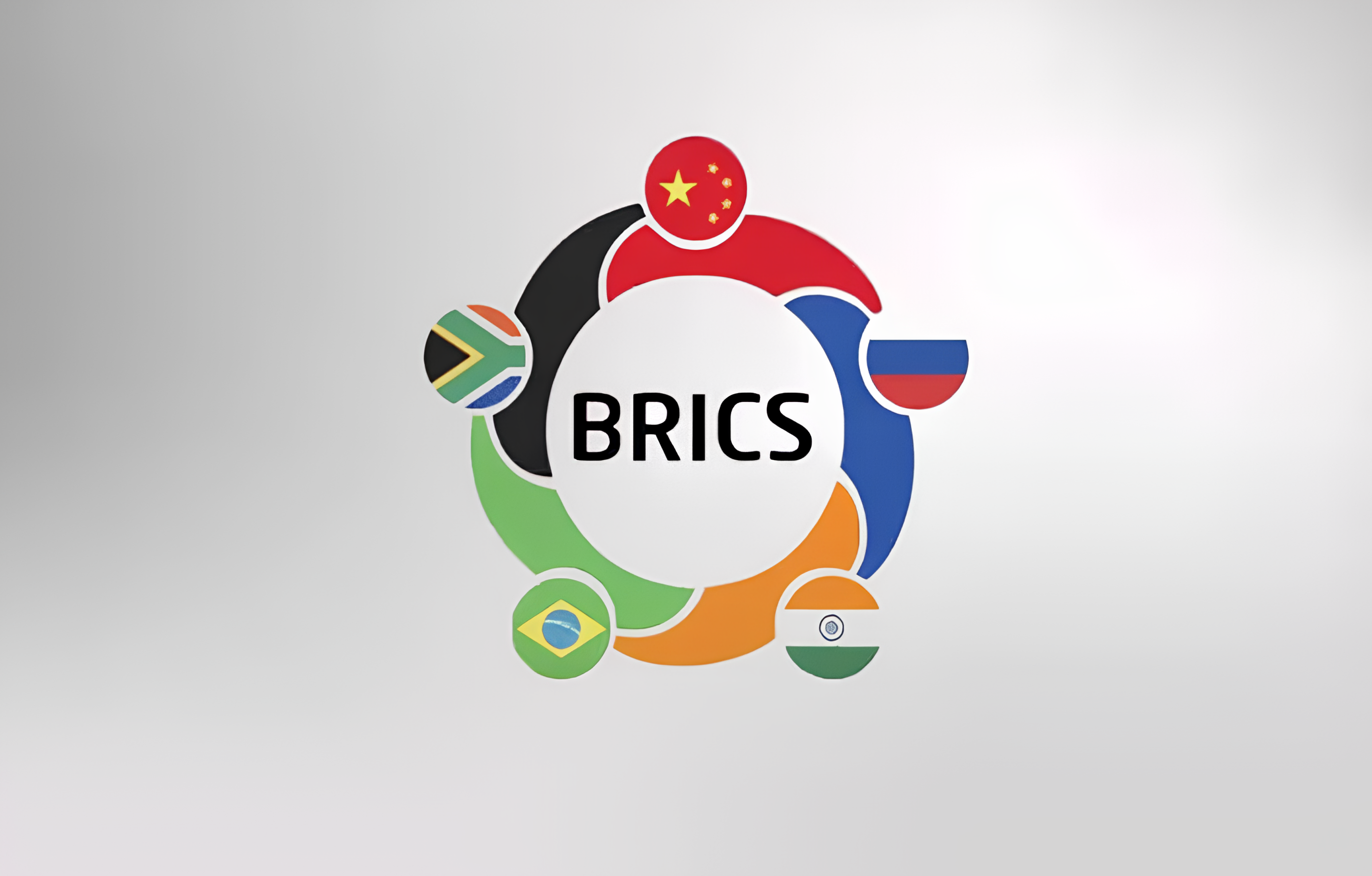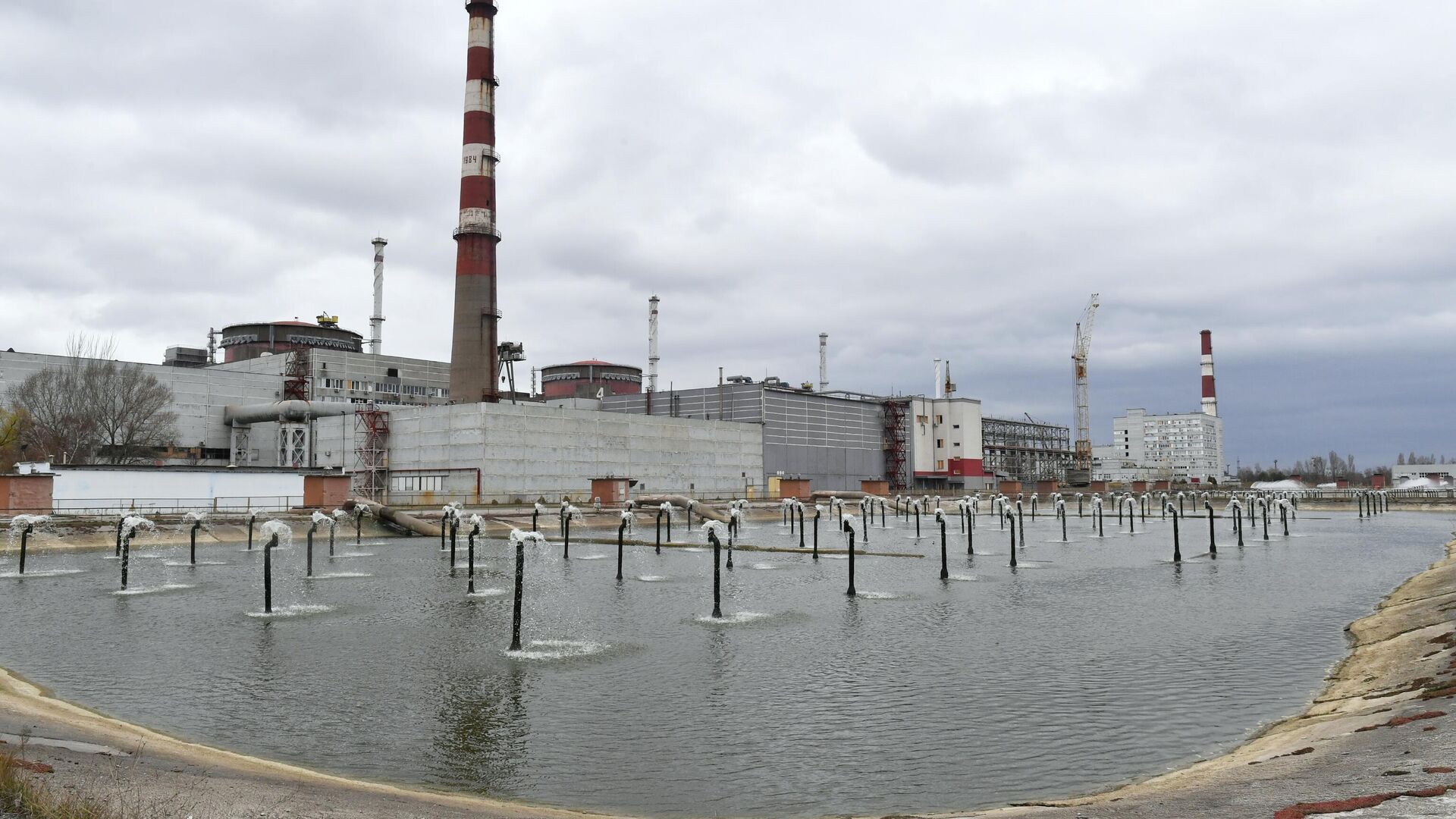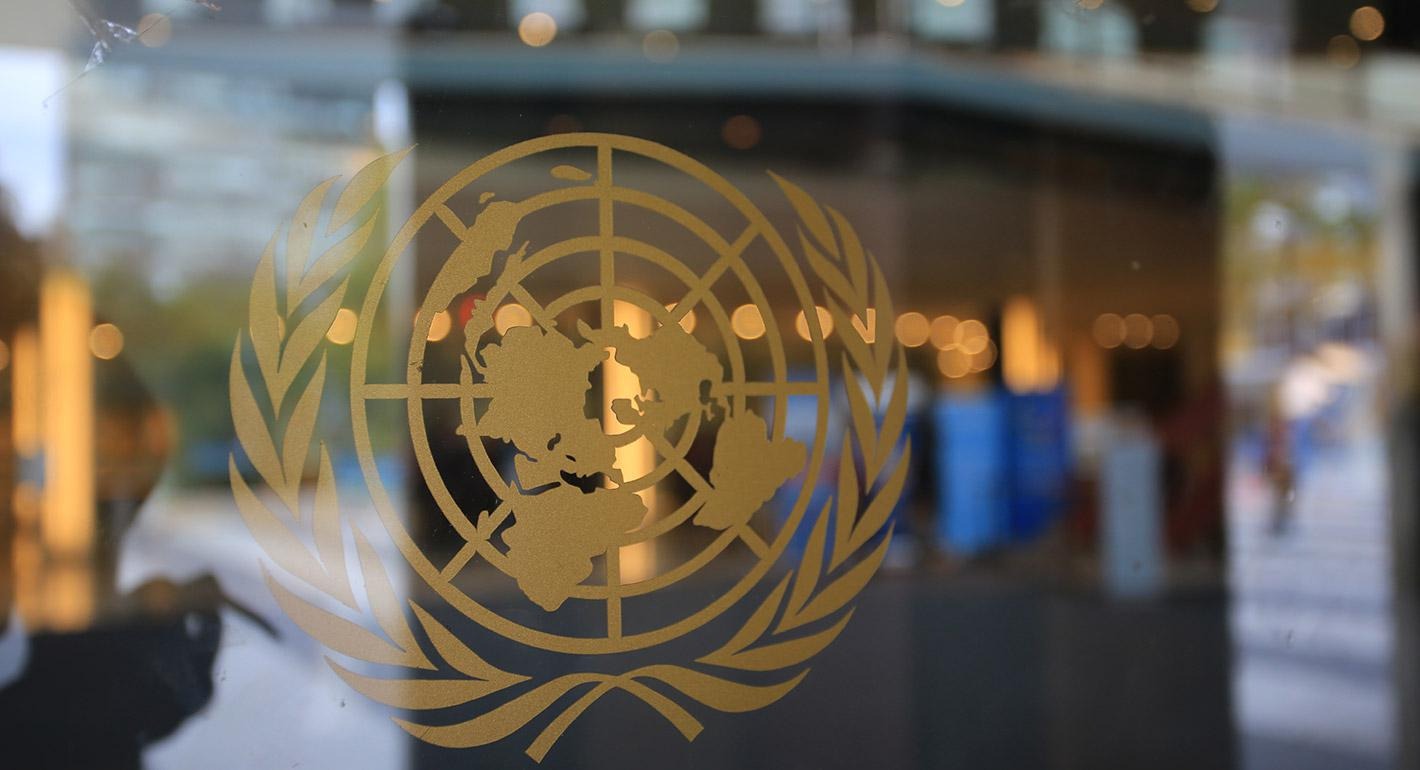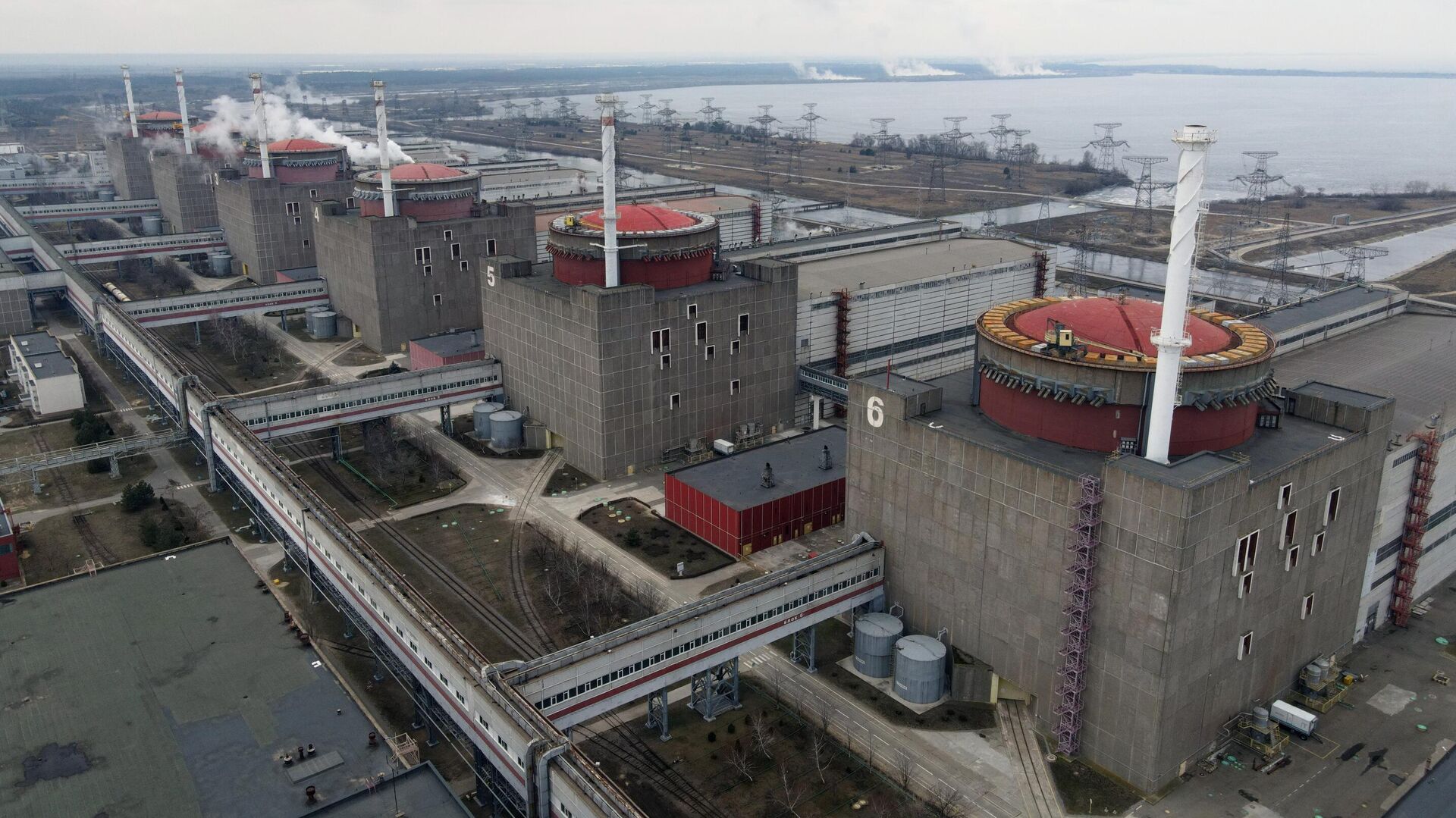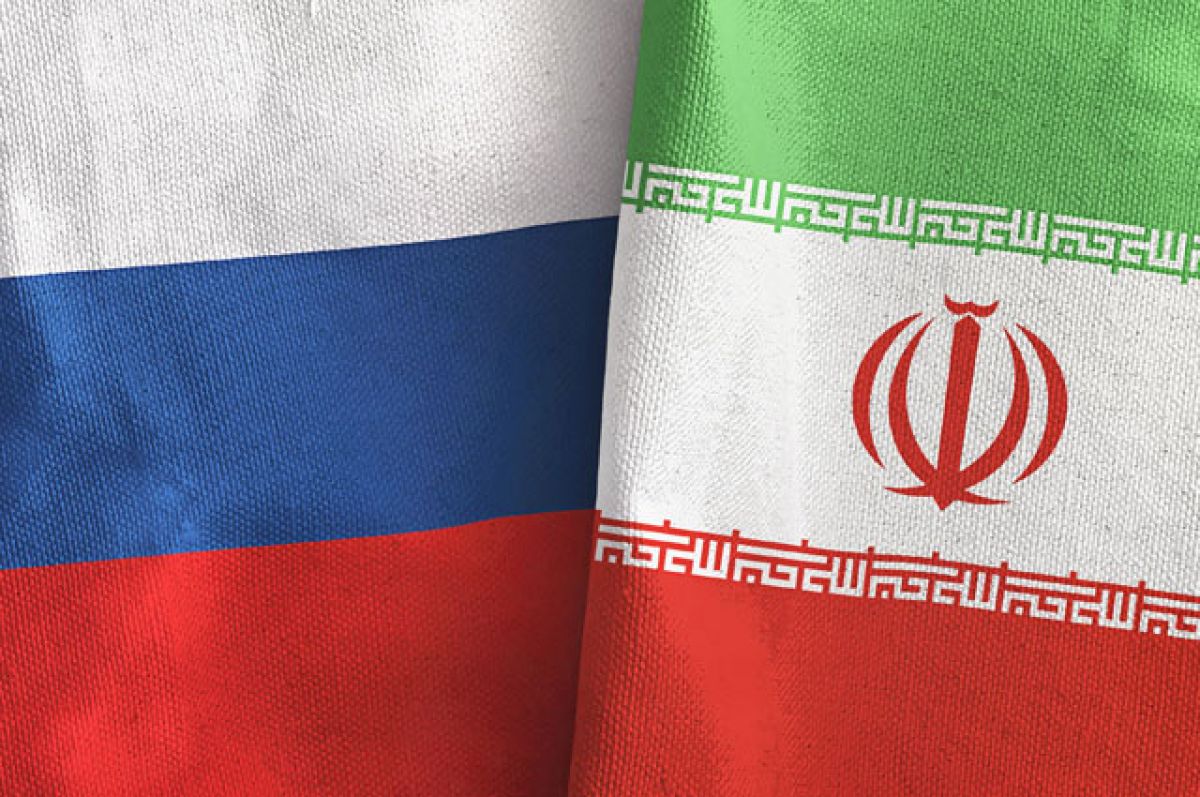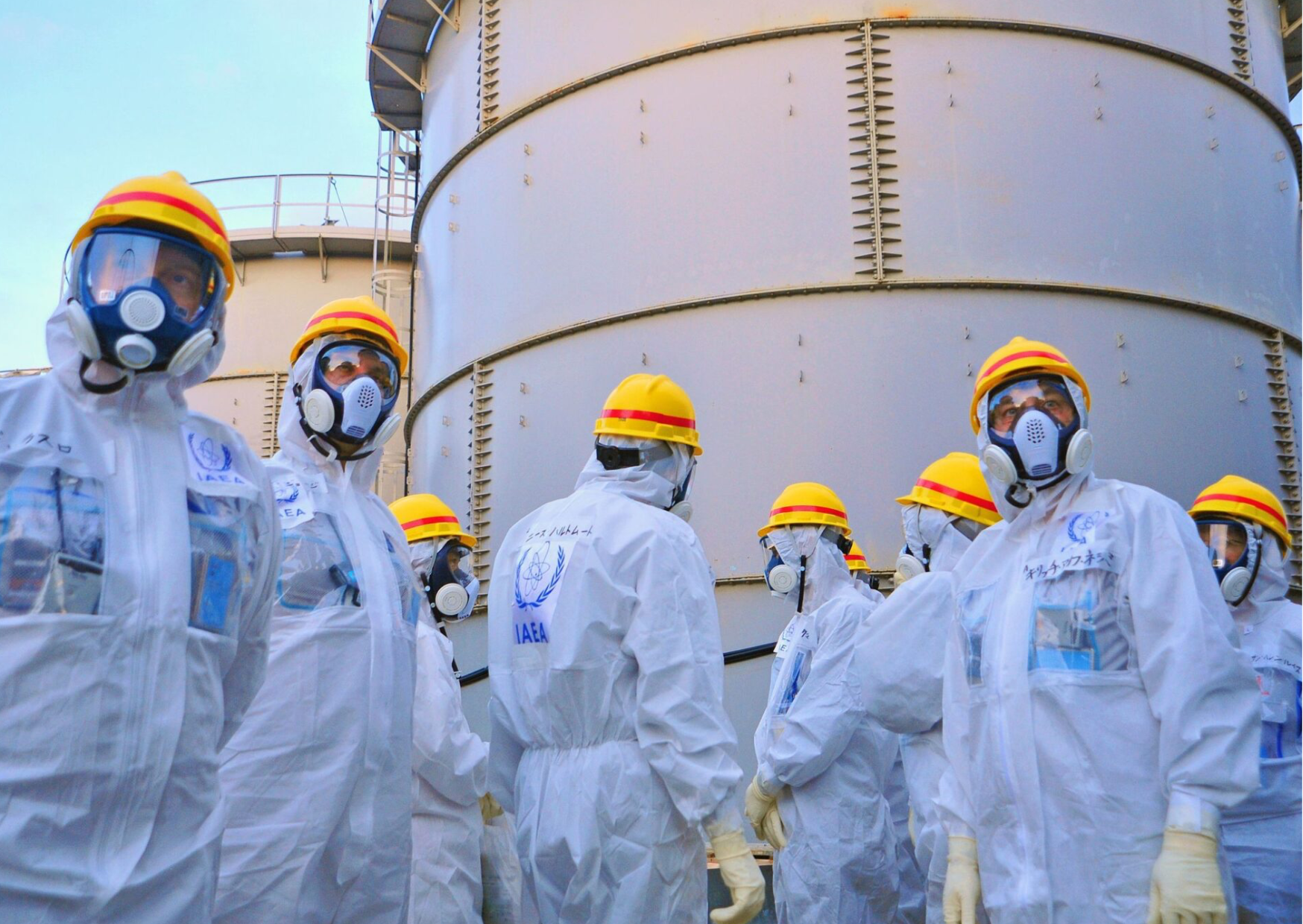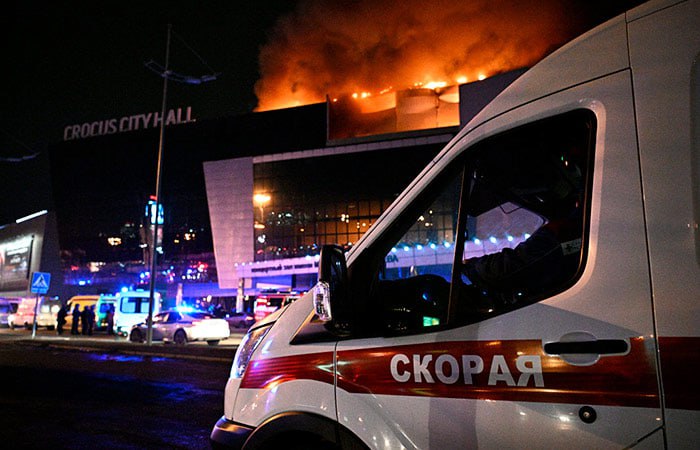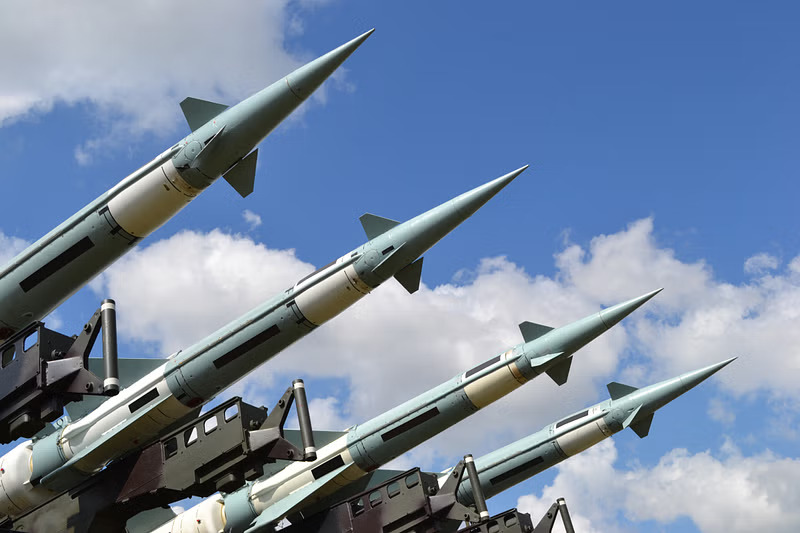Hot Topic
Relevant Materials on the Topical Issues
The world will not collapse on February 5»: Dmitry Stefanovich on the Expiry of New START and the Future of Arms Control
Dmitry Stefanovich,
Research Fellow at the Department of Military and Economic Security Research at IMEMO, Member of the PIR Center Advisory Board
On February 5, 2026, the Treaty on Measures for the Further Reduction and Limitation of Strategic Offensive Arms expires. At the same time, the American side left unanswered Russia’s proposal to observe the quantitative limits of New START for at least a year after its formal expiration. In light of these circumstances, we decided to discuss the future of the arms control architecture with Dmitry Stefanovich, Research Fellow at the Department of Military and Economic Security Research at IMEMO, Member of the PIR Center Advisory Board.
The interview was conducted by Mr. Ilya Subbotin, PIR Center intern.
Mr. Ilya Subbotin: Mr. Stefanovich, can one view the expiry of New START as a catastrophe for global stability that will trigger a new arms race?
Mr. Dmitry Stefanovich: “Catastrophe” is probably too strong a word here. The world will not collapse on February 5. However, there is certainly nothing good about it either. You correctly noted that the treaty was originally about reductions, and those reductions were fulfilled – meaning it accomplished its main task – but conditions are being created to reverse the direction, to move from reductions to new arms build-up.
Of course, we should not expect that on February 5 we will suddenly see vastly more strategic offensive arms deployed by Russia and the USA. The dynamics here are a bit more complex, but together we may transition to a situation in the medium term – within three to five years – characterized by a significant expansion of nuclear arsenals. This is not predetermined; anything can still happen. Moreover, even in the absence of a treaty, no one is forbidden from demonstrating strategic restraint, not just strategic deterrence. However, of course, the trend is not the most favorable.
Mr. Ilya Subbotin: Speaking of strategic restraint: if the US and Russia cannot agree on extending New START, what alternatives might be implemented?
Mr. Dmitry Stefanovich: Extending New START in the whole is, in principle, no longer possible. It would be possible to maintain some of its quantitative limits and agree on some voluntary transparency measures; I even admit it might be possible to invite each other to certain sensitive facilities and testing. But for all this, we need, if not a negotiation process, then at least consultations on strategic stability, and those do not exist and are not yet foreseen. I do not rule out that if there is political will, this process could be restarted very quickly to reach some agreements, even if they are only politically binding. However, unfortunately, no steps by the American side in this direction are visible yet.
Mr. Ilya Subbotin: Can we expect China, the UK, and France to participate in a new strategic arms treaty, if one is signed at all?
Mr. Dmitry Stefanovich: I think a multilateral analogue of New START is something bordering on fantasy. We are too different. As noted long ago: how does one imagine 18 five-party inspections rather than bilateral ones? Inspectors would end up living on planes – of course, this is completely unfeasible. Moreover, it is impossible to imagine, for example, the US agreeing to China having 1,500 deployed strategic warheads. And Russia probably wouldn’t agree to France and Britain having 1,500 warheads each, so there should be some more complex scheme. France, Britain and China in turn won’t agree to enshrine their inferiority – I’m not afraid to use that word – to the nuclear superpowers.
At the same time, of course, it would be possible to agree on some steps like mutual notification regime, voluntary data exchange, potential directions in nuclear forces build-up, determining where and in what numbers strategic submarines do (or do not) operate. That is, in principle, there is subject matter for communication. Fortunately, the “Nuclear P5,” however shaky, continues to exist as a framework for such interaction. Surely, the upcoming NPT Review Conference will force the P5 to come forward with at least some constructive ideas. But to say that we will see a five-party New START seems pointless to me. That will never happen.
Mr. Ilya Subbotin: Given the rapid development of new technologies, such as hypersonic weapons, artificial intelligence, and lethal autonomous weapon systems, what fundamental changes should be implemented in future arms control treaties to attend to these threats, and how could these new technologies be integrated into international frameworks to avoid a new arms race?
Mr. Dmitry Stefanovich: Actually, again, given political will, one can find mechanisms to control specific systems, though one must understand the difference between technologies actually used in nuclear delivery systems and auxiliary elements. There is already a significant accumulated body of analytical and research materials covering this aspect – done both on national and international levels (quite a lot has been done in UN formats). I think it is quite possible to tackle new technologies somehow, starting, again, with some voluntary transparency measures.
Here I would like to draw attention to the fact that in recent years there has been much talk about hypersonic weapons (this wave of “hyper-hype” has subsided a bit now), and the Russian side unilaterally and voluntarily offered to include, for example, “Avangard” (a strategic system with a hypersonic glide vehicle) in New START. Moreover, relevant American inspections were conducted. This is further proof that with political will, new technologies do not pose insurmountable difficulties.
Of course, we are not talking about counting the number of machines that allow running certain AI systems in the interest of nuclear command and control. That surely won’t work, just as there won’t be control over software; that is simply impossible. But creating a system of mutual information exchange and moving to a saner consideration of mutual concerns in this field is quite feasible.
Keywords: Strategic Stability; Arms Control; New START
AC
E16/SHAH – 26/02/05


